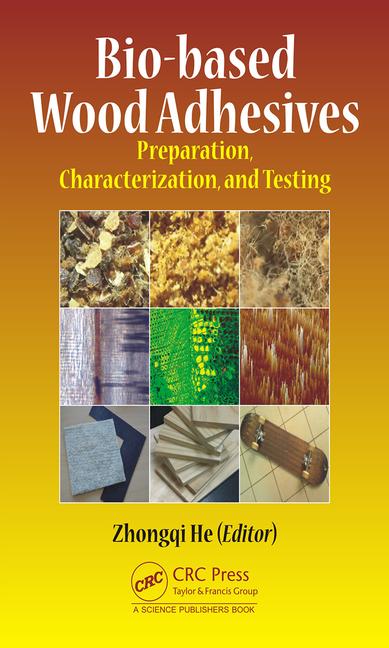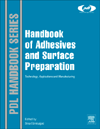Zymet and Portland State to Present on Reworkable Adhesives for Wafer-Level Packages at SMTA International Conference
The investigation reportedly shows that reworkable adhesives can enhance the board-level reliability of large WLPs, even for harsh environment applications.

At the SMTA International 2019 technical conference, which will be held September 22-26 in Rosemont, Ill., Portland State University and Zymet will present their investigations on enhancing the board-level reliability of large wafer-level packages (WLPs) for harsh environment applications. The paper, “Multi-Axis Loading Effect on Edgebond and Edgefilled WLCSP Thermal Cycling Performance,” will be presented on September 25 at Session APT4: Wafer Level Packaging.
WLPs, which include wafer-level chip-scale packages (WLCSPs) and fan-out wafer-level packages (FO-WLPs), offer a path to lower weight, smaller form factor, and higher performance. However, their low coefficient of thermal expansions are not well matched to that of commonly used organic substrates. This mismatch results in early solder joint fatigue and early failures in thermal cycle tests, which become increasingly difficult to pass as the package gets larger and the conditions become more severe. This limitation constricts package designers to using either smaller package sizes or to limiting the use of such packages to less-severe environments. The investigation reportedly shows that reworkable adhesives can enhance the board-level reliability of large WLPs, even for harsh environment applications.
Zymet reports that thermal cycle testing from -40-125°C was performed on a 12-mm WLCSP that was assembled with SAC solder on a rigid printed circuit board. Non-bonded assemblies (Figure 1a) are compared with those bonded with a reworkable edgebond adhesive, applied in both dot-edgebond and full-edgebond configurations (Figures 1b and 1c), and with a reworkable edgefill adhesive (Figure 1d). All three bonded configurations reportedly significantly improved performance, increasing characteristic life by 300-1,000%, depending on the configuration.
For more information, visit http://zymet.com. Portland State can be found online at https://pdx.edu, and details regarding the conference are available at http://smta.org/smtai.
Looking for a reprint of this article?
From high-res PDFs to custom plaques, order your copy today!








